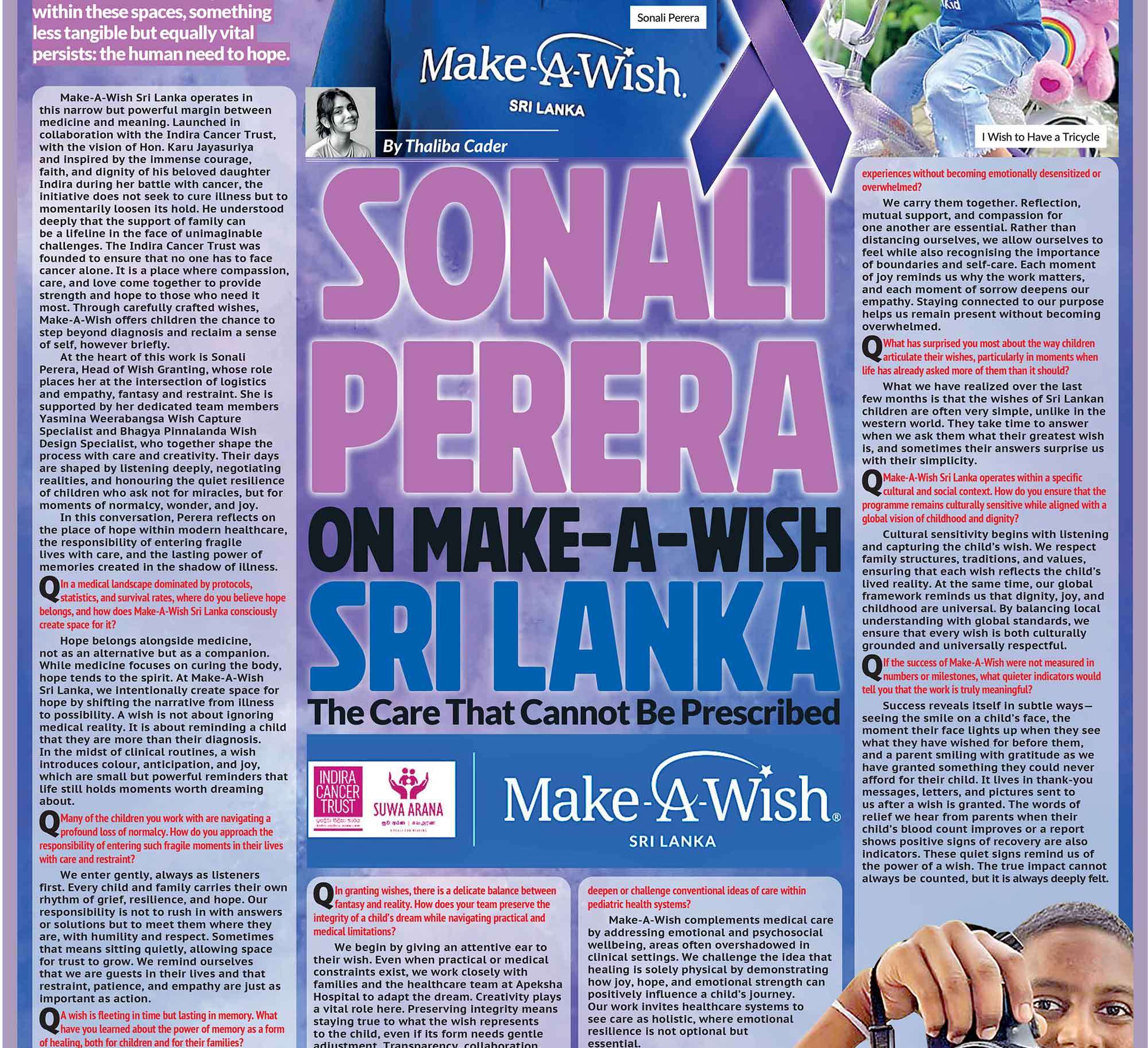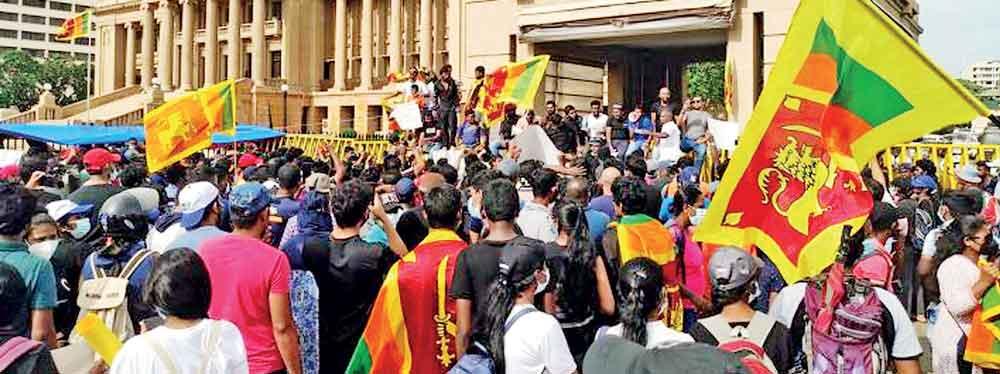
We are the generation that grew up in the shadow of both beauty and adversity. Born into the 2000s, our lives began in a country known for its lush landscapes, rich traditions, and boundless talent. Yet alongside the music and the mango trees, the poetry and the cricket matches, we also inherited a storm. A storm that has never really stopped.
As children, many of us played cricket in the streets, danced to Baila at school concerts, and celebrated Avurudu with home-cooked meals and neighborhood games. But as we grew older, we began to see that beneath the surface, our nation was wrestling with deep-rooted problems; problems that would come to shape our teenage years and early adulthood.
Our first real taste of trauma, as a generation, came in 2019. It was Easter Sunday, a day that should have been one of peace, celebration, and togetherness. Instead, it became a national tragedy. Coordinated bombings tore through churches and luxury hotels, shattering lives and instilling fear across the island. Many of us were still in school. Some of us were attending church services that very morning. Others were watching the news, confused and horrified. We didn’t understand why or how such cruelty could touch our island again, just a decade after the end of the civil war.
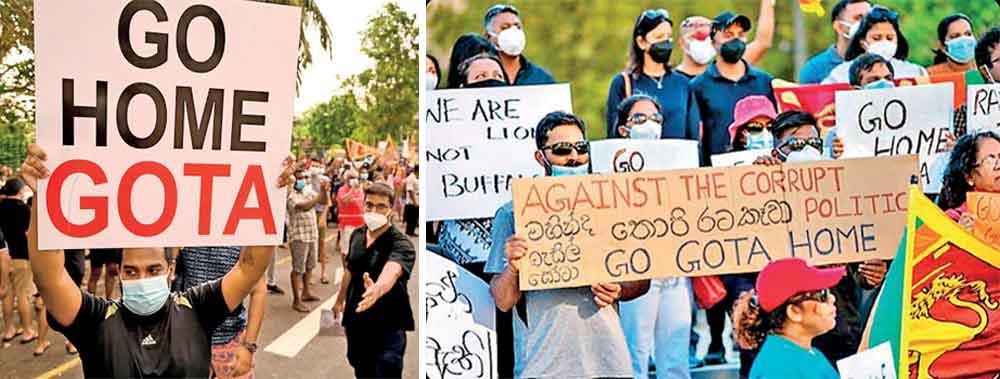
The fear that followed was intense. Schools closed. Malls emptied. Armed soldiers stood on street corners again. A generation that should have been worrying about exams was instead worrying about safety. The innocence of youth was replaced with the weight of fear. But even then, we showed resilience. We supported each other through prayer, silence, activism, and education. We tried to heal while still processing what had happened.
As the country tried to recover, 2020 arrived, and with it, the COVID-19 pandemic. A crisis no one was prepared for. The virus didn’t just attack the body; it disrupted every part of our lives. Schools shut their doors indefinitely. We were forced into online learning, often with little to no resources. Some students had smartphones, others had to borrow devices or rely on printed notes passed around by teachers. Internet access was a luxury not everyone could afford. Power cuts and poor connectivity made even the most basic learning a challenge. And yet, somehow, we adapted.
We created WhatsApp groups to share notes. We took turns helping classmates catch up. We self-studied, leaned on our parents, siblings, and sometimes even strangers who offered free tutoring online. Our classrooms became kitchen tables and garden benches. Despite the odds, we moved forward, determined not to let a global health crisis rob us of our futures.
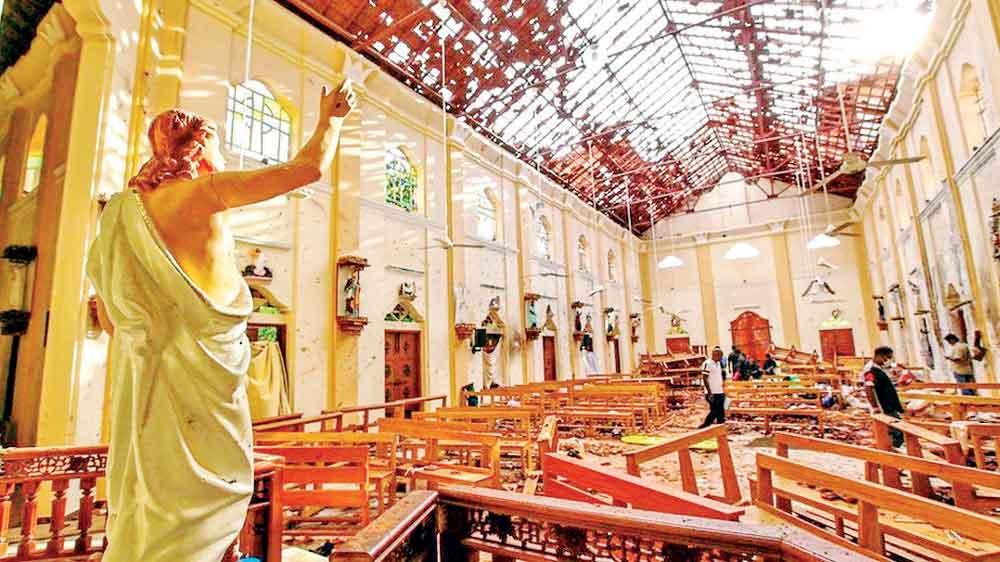
Then came the economic collapse. Between 2021 and 2022, Sri Lanka witnessed one of its most devastating financial downturns. The stories almost sound unreal now: long queues snaking around petrol stations for hours in the burning sun, people waiting days for a gas cylinder, daily power cuts that lasted for up to 13 hours, and food prices that made everyday groceries feel like luxuries. The rupee collapsed. Medicines ran out. The cost of living soared. It felt like the country was breaking apart at the seams.
And yet, even then, we didn’t sit still
We took to the streets. The Aragalaya movement was born, not out of hatred, but out of a deep love for our nation and a desperate desire for change. Young people led the charge. We occupied Galle Face Green. We raised our voices, painted posters, debated on social media, and stood in peaceful protest. We weren’t violent. We weren’t divided by race, religion, or language. For once, we stood as one people, united by hope. And we made history. The resignation of a sitting president wasn’t just a political event, it was proof that people power, when harnessed by the youth, could shake even the highest walls of authority.
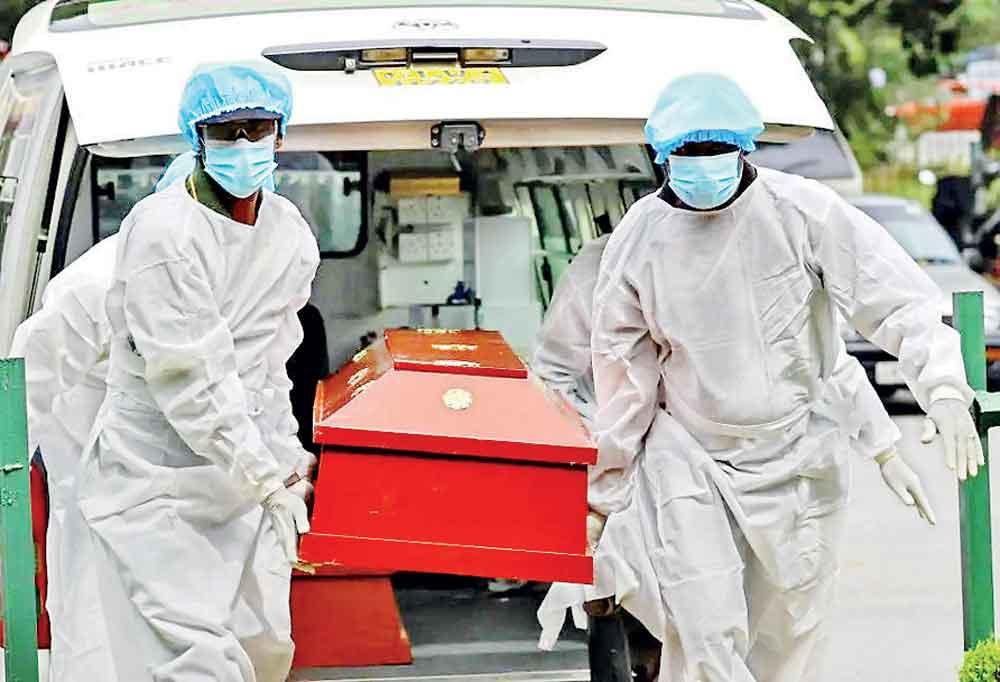
But real change doesn’t come overnight. As 2023 and 2024 rolled on, the aftershocks of the crisis lingered. New taxes came. Utility bills skyrocketed. The cost of education continued to rise. Many in our generation, especially those with skills or savings, chose to leave the country in search of better opportunities abroad. It wasn’t an easy decision. No one wants to leave their home unless they feel they have no choice. And so the "brain drain" became real, a painful chapter in our collective story.
But not all of us left. Many stayed. Many chose to build, not run. We looked for new ways to survive, and even thrive. Side hustles became the norm. We sold food online, offered digital marketing services, became content creators, taught tuition, freelanced in graphic design, and ran delivery businesses on scooters. We learned to do more with less. We upskilled, learning new software, improving our English, understanding cryptocurrency, starting blogs, and even launching YouTube channels. Our adaptability became our greatest asset.
Amid the hardship, we found hope. We found joy in community kitchens that fed hundreds. We found pride in small victories, graduating, landing our first job, or helping a friend through a tough patch. We mentored, volunteered, and voted. We dreamed not just of survival, but of reform. Of a new Sri Lanka that values transparency, sustainability, justice, and equality.
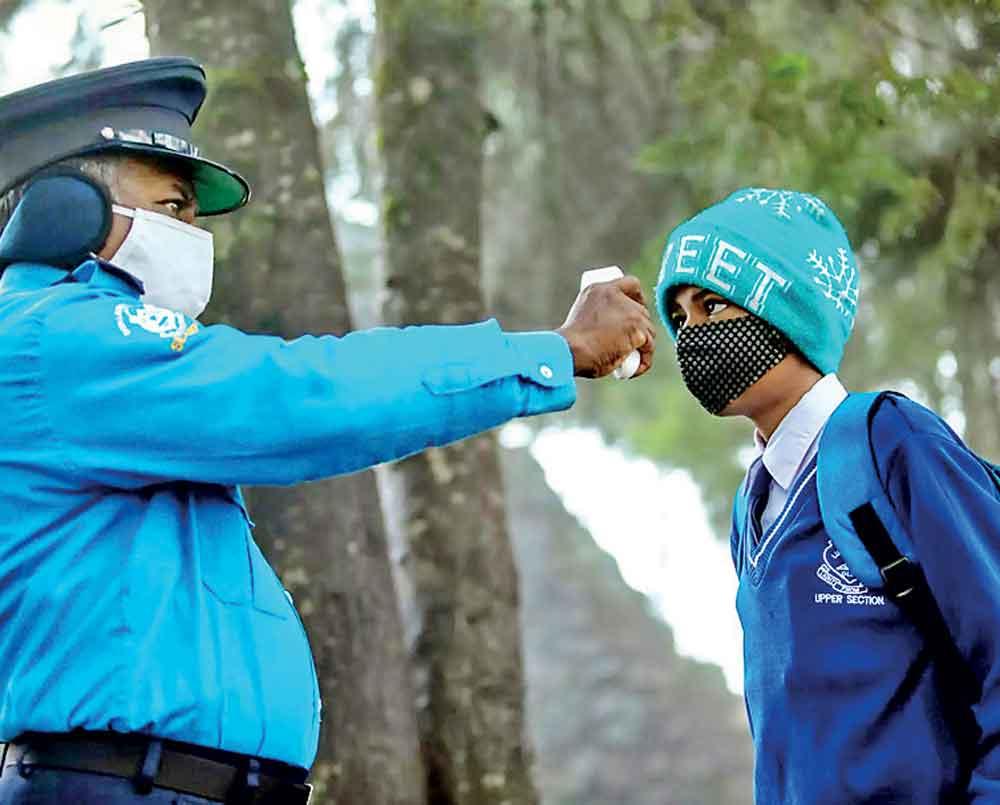
Our generation has seen more than any youth group in recent history. Terror. Disease. Economic ruin. But we’ve also seen the strength of unity, the power of collective voice, and the magic of resilience. We’ve lived through some of the darkest years of our nation's modern history; and yet, here we are. Still standing.
We have lost things along the way. Some of us lost loved ones. Some lost faith. Some lost time. But we gained so much too. We gained clarity about the world and our place in it. We became more politically aware. More socially conscious. We realised the power of digital tools, the importance of community, and the need for self-reliance.
So where do we go from here?
Forward.
We may not have inherited a perfect country. But we have the courage to build one. A country that values its young people not just as workers or taxpayers, but as changemakers. A nation where justice is more than a dream and opportunity isn’t limited by privilege. A society that remembers the lessons of the past but is not held hostage by them. We are more than survivors. We are creators. Innovators. Activists. Leaders in waiting. We are the generation that has weathered storms and walked through fire. And now, we are ready to rise, not just for ourselves, but for everyone who comes after us. Sri Lanka may have tested us, but it also forged us. And we are not done yet.











